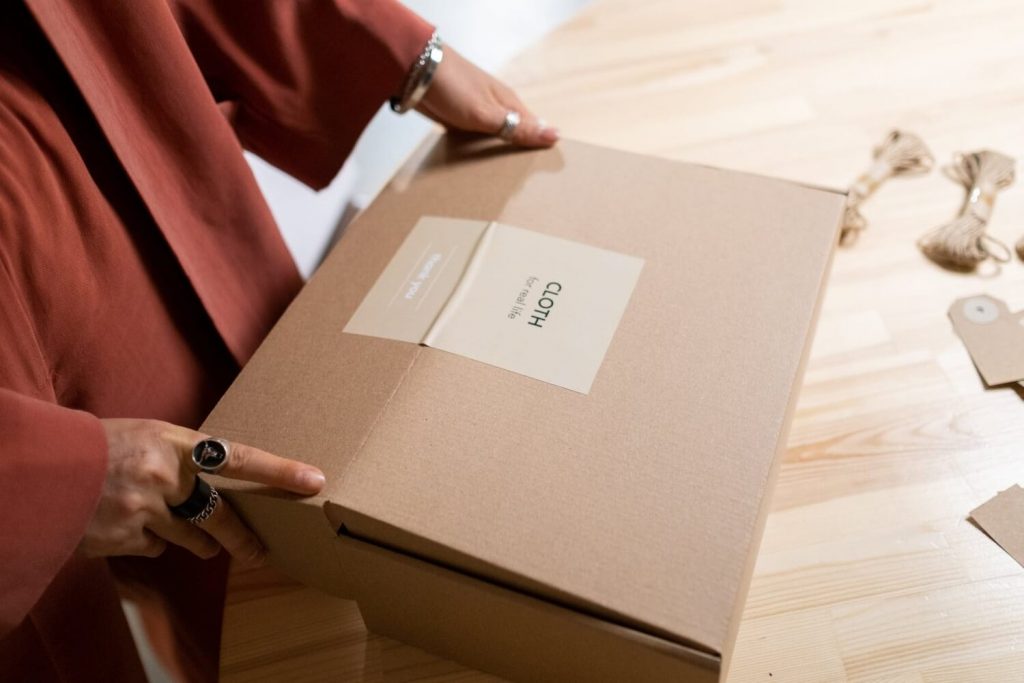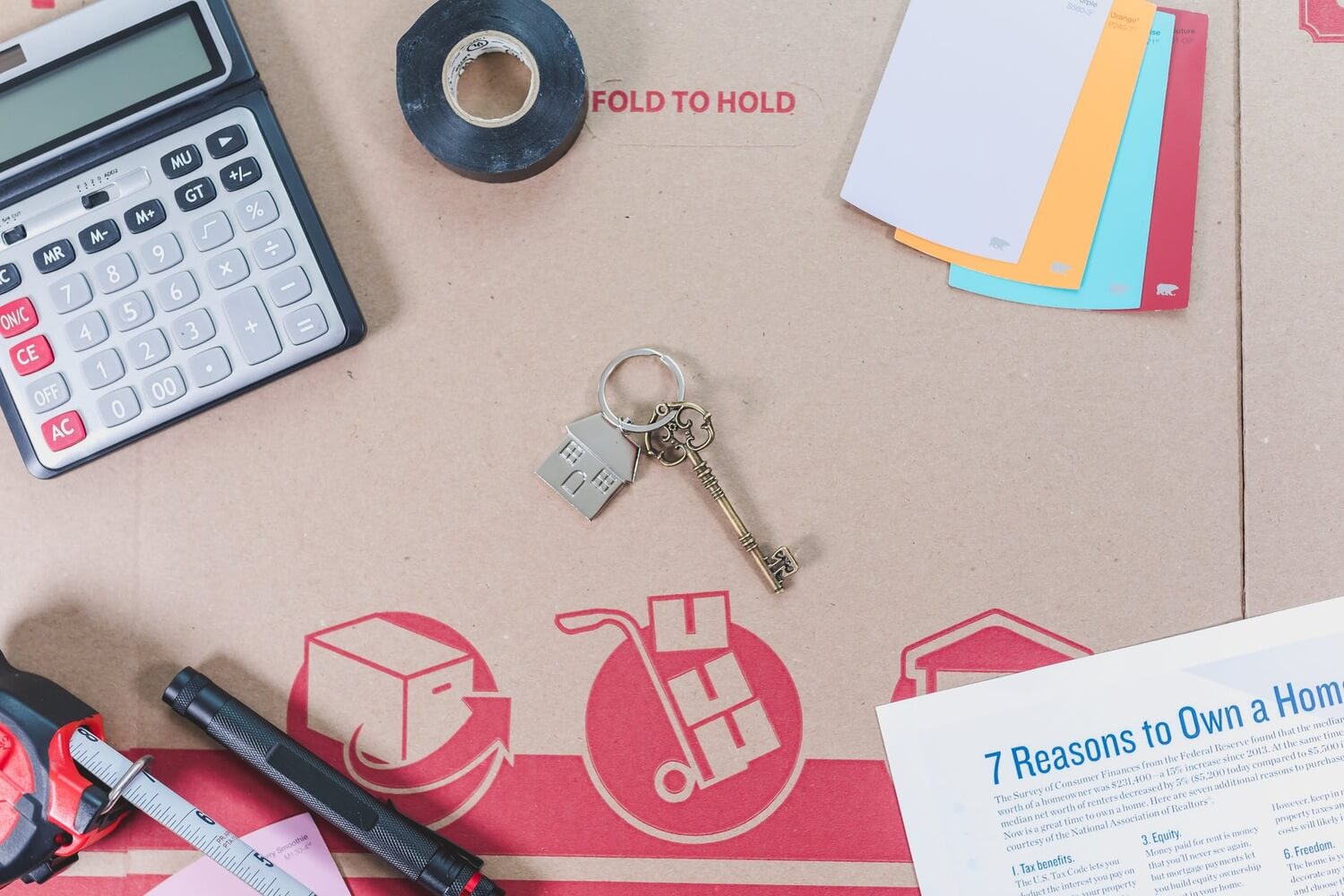Ahhh. It’s that time again. You’re about to relocate someplace else. Depending on how you see it, moving is one of the most memorable moments in life. It’s when you get to start over with a blank space and create new experiences. But exciting as it sounds, there are many things to consider before you pack up and move to a new location. One of them is moving insurance. Weirdly enough, it’s a super crucial aspect of moving, yet many people often overlook it. Fortunately, this guide will teach you everything you need to know about the topic. Make it to the end!
1. First, What Is Moving Insurance?
Basically, moving insurance is a clause, or an addition to your moving contract, that requires the movers to reimburse you if something gets damaged during the move. The primary purpose of adding this term to the agreement is to prevent disputes between customers and moving companies.
Moving insurance will most likely be included automatically in the service package if you hire professional movers for your upcoming relocation. If it isn’t yet, be sure to inquire about it and clarify the service details before signing any contracts with them. Now that you understand what it is, here are five things you should know about moving insurance.
2. Types of Moving Insurance
There are three types of moving insurance. As a responsible homeowner, you need to know and understand the pros & cons of each. Below is a brief overview of every type:
- Basic Carrier Liability: This is the cheapest and most common type of moving insurance. Cheap because it’s basically free. See, moving companies are bound by law to cover any damage or loss of your belongings, but only up to $0.60/lb of the item in question.
- Declared Value Protection: Covers more than the basic plan for an added price. You’ll have to declare the value of items you designate, and if ever anything gets damaged, your movers will have to reimburse the full value of the belonging in question.
- Full Value Protection: As the most expensive moving insurance, full value is also the most comprehensive because it covers any damages or losses. It’s perfect when you’re moving a truck full of expensive, high-end, or fragile belongings. Yes, you’ll pay the extra lot, but the peace of mind is totally worth it.
All in all, basic protection is fine for day-to-day belongings. But if you’re moving expensive objects, you should consider getting more inclusive insurance for peace of mind. Paying a premium is nothing compared to buying new stuff when the current one breaks.
3. Antique Items are Insured Separately
Items with extraordinary or sentimental value are too precious to be covered the usual way. Movers often don’t want to hold too much responsibility regarding such matters. But when they do agree, expect them to be extremely careful on how these things are valued and covered.
Examples of high-value items include:
- Antique paintings and essential documents
- Wine collections
- Pieces of jewelry and other precious stones
- Computer equipment and high-end electronics
- Authentic furs, currency, and silverware
Your movers will most likely make you fill up a High-Value Inventory List to declare the value of the said items. They will then only agree to cover the amount based on the figure you stated. But again, it’s best if you can transport them with you instead of entrusting critical belongings to others.

4. What Things Are Not Covered in Moving Insurance?
The best course of action to avoid disputes is to understand what moving insurance does not cover clearly. It will save you from a ton of headaches later. Here are some things typically not included in a moving insurance policy:
- Damage caused by improperly packing your own boxes/items
- Damage due to natural disasters like tornados that occurred during transit.
- Not declaring the exact value of an object.
- Packing hazardous or perishables without informing your movers.
If you’ve noticed, most of the things can be avoided if you just communicate with your movers. Don’t hesitate to talk to them regarding your concerns.
5. Additional Tips to Keep in Mind
Moving insurance is a choice. It’s your call whether you’re going to get coverage or not. Here’s some additional info to maximize your protection.
- Always make things clear with your movers. Ask them how you’re going to file a claim and get everything into writing, if possible.
- Full value protection requires you to pay upfront on top of the hefty premiums. Also, this doesn’t automatically apply to extraordinary value items. You will need to negotiate with the mover on how much the extra coverage will cost. For more on this and other moving costs see here.
- The free basic coverage is often enough unless you have a massive inventory or own a lot of expensive stuff.

At The End of the Day
Moving insurance boils down to peace of mind. Are you willing to risk your goods or not? Although it’s not always that accidents can happen, it’s still best to have a backup plan in place.




